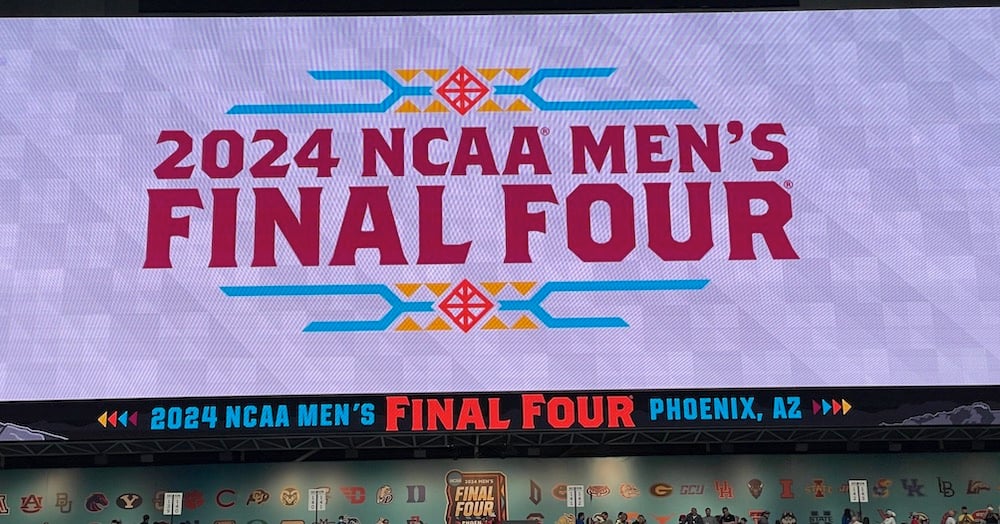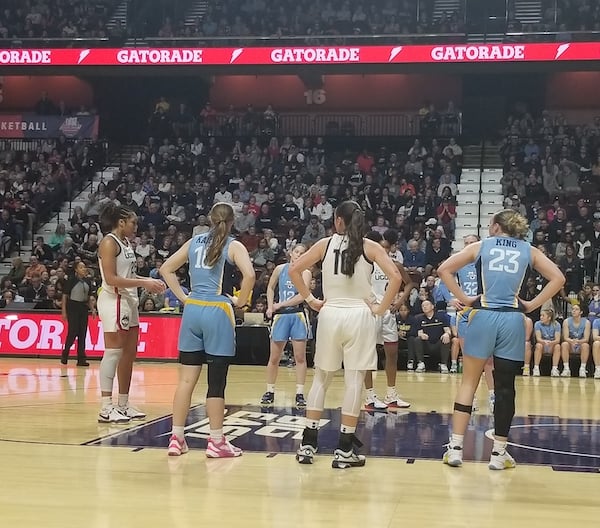Education Is Not a Right
Written by Kevin Catapano on 04/24/2019
On Monday, Sen. Elizabeth Warren (D-MA), in an effort to surpass her radicalized competitors in the left’s race to the bottom, proposed a piece of legislation that would effectively eliminate or significantly reduce student loan debt while rendering public college tuition free. From a financial standpoint, Sen. Warren’s proposal would likely cripple the U.S. economy. From a philosophical perspective, however, this notion of free education is perhaps even more flagrant than Warren’s ancestral assertions.
According to a report over at CNN, “Warren’s new plan would forgive $50,000 in student loans for Americans in households earning less than $100,000 a year…[providing] immediate relief to more than 95% of the 45 million Americans with student debt. [Warren] is also calling for a drastic increase in federal spending on higher education that would make tuition and fees free for all students at two- and four-year public colleges.”
Furthermore, “The [Warren] campaign estimates that the plan would cost $1.25 trillion over 10 years.” Yeah, and President Trump estimated that Mexico would pay for the wall.
Aside from the staggering costs of such a proposal—almost certainly lowballed by the Warren campaign—a significantly more pervasive issue corrodes the fine paint of this particularly flashy promise.
Education is not a right.
Many folks on the left, including Sen. Warren, justify their support for free college tuition on the basis that education is a fundamental human right. According to Right to Education, this assertion is true because “Both individuals and society benefit from the right to education. It is fundamental for human, social, and economic development and a key element to achieving lasting peace and sustainable development.”
Firstly, this premise is promulgated upon the assumption that higher education directly correlates with increased financial success. This is, of course, contingent upon the utility of the degree one graduates with. A prospective employee with a degree in one of the STEM fields is significantly more likely to obtain a job, particularly a well-paying job post-graduation, than the poor soul who majored in art history.
Furthermore, it must be understood that the substantial benefits or conveniences associated with the obtainment of a particular good or service do not render them rights. An individual’s ownership of a personal automobile guarantees their consistent attendance and punctuality at work or school, while also fueling the economy through gas and insurance prices. While it is highly beneficial to own a car, such is not a right. The government (taxpayers) isn’t handing out free cars to people, nor should it be obligated to.
Education—specifically, knowledge—is a commodity, a good that must be provided by a laborer offering a service. A teacher employed by an institute of higher learning must be paid a salary for their service. An informative writer is paid in book sales or through a portion of ad revenue. While Google is predominately free to the consumer, the means of production impose expense upon the company.
In a free market, the government has no right to demand service from anyone because people have a right to alienate their own labor. Right to Education explicitly states that the right to education is “legally guaranteed for all without any discrimination” with “states [having] the obligation to protect, respect, and fulfil the right” or be held “accountable for violations or deprivations.”
Higher education is a commodity that must be administered by professors who are compensated for their labor in teaching students. If the state is legally obligated to provide education, then professors are legally obligated to teach or risk presumable incarceration. The government does not have the right to point a metaphorical gun to the head of laborers and force them to work.
Likewise, the government does not have an obligation to provide scarce, economic commodities to anyone, nor does it have an intrinsic right to demand labor of those offering a desirable service. Given that the financial benefits of college education are directly proportional to the specific focus of said education, it is incorrect to presume that free education for all will indefinitely result in future prosperity for all. Quite simply, an immense sense of entitlement does not guarantee the consumption of scarce resources for free, nor does it beget free labor.
In America, we pay for that which we purchase. Therefore, students would be prudent to obtain a valuable degree and start saving early, particularly if their dreams of free education depend on Elizabeth Warren becoming president.
Disclaimer: The views and opinions expressed in this article are those of the authors and do not necessarily reflect the position of Heroes Media Group





